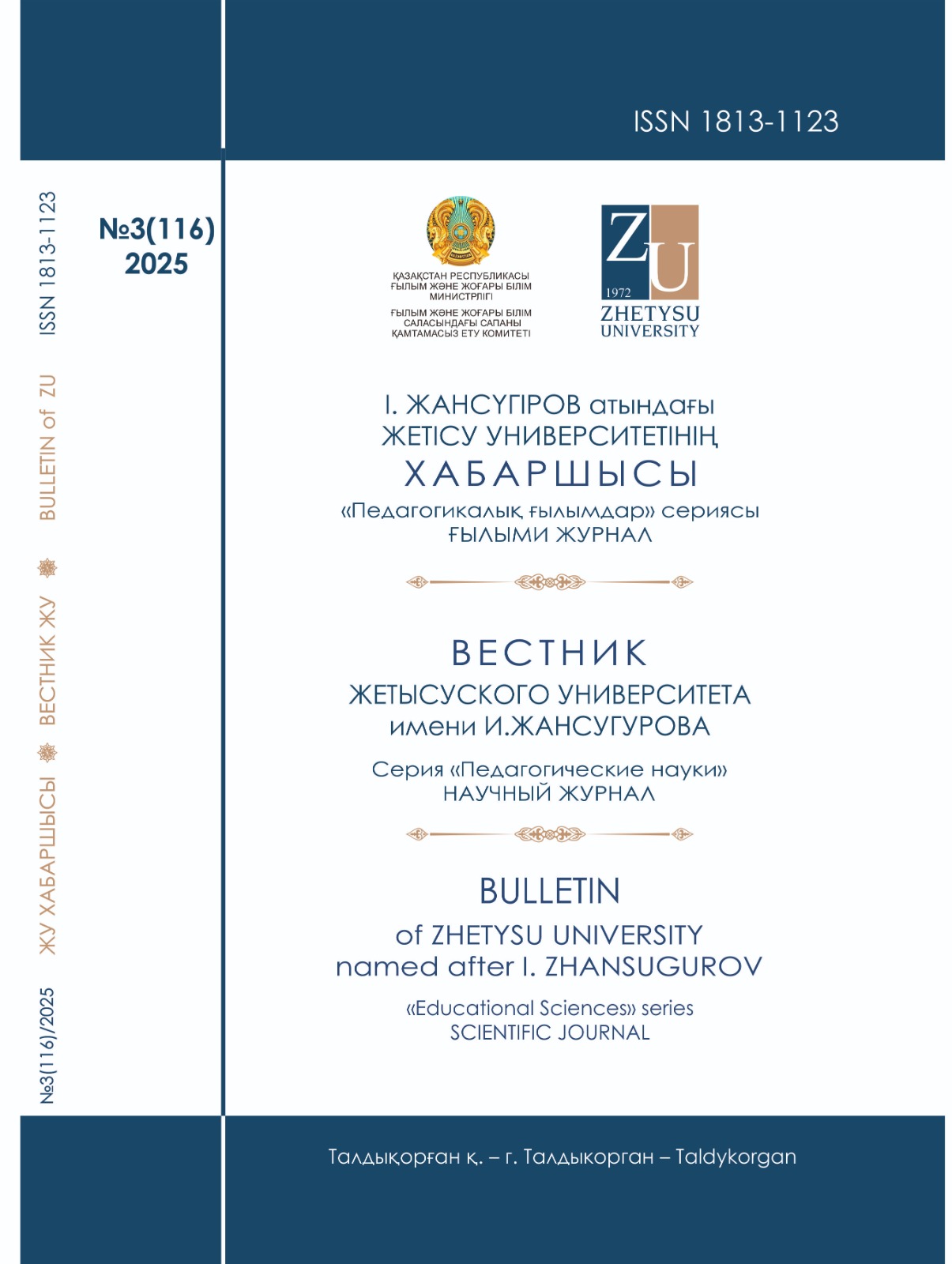ANALYSIS OF THE EFFECTIVENESS OF E-LEARNING IN UNIVERSITY TRAINING PROGRAMS
DOI:
https://doi.org/10.53355/ZHU.2025.116.3.011Keywords:
e-learning, digital technology, modern education system, blended learning, organization of the educational processAbstract
The main objective of this research was to construct an e-learning framework utilizing the Moodle platform for course instruction. In comparison to traditional learning methods, it was observed that granting students the flexibility to learn at their own pace and convenience yields numerous advantages. Students can access course materials online, unrestricted by time or location. The findings of this study suggest that student learning outcomes have seen enhancements. To gauge effectiveness, a survey was administered to 42 students, yielding the following outcomes. Firstly, the e-learning model integrated with Moodle demonstrates significant success. Secondly, the Moodle interface model effectively encourages student engagement in class activities. Thirdly, the content presented through Moodle contributes to an efficient learning environment, fostering increased student participation. In summary, this research underscores the promising potential of e-learning content delivered via Moodle for future educational endeavors. The content of e-learning on the Moodle platform shows that it is very effective for students, and the developed e-learning model is based on these principles of effectiveness. Flexibility, accessibility and the possibility of personalized learning were identified as advantages of e-learning. However, this model cannot completely replace traditional education, but only complement it. According to the results of the study, the Moodle platform is an effective tool for improving the quality of education, enhancing the educational process and developing students' self-development skills.

 ҚАЗ
ҚАЗ РУС
РУС ENG
ENG
